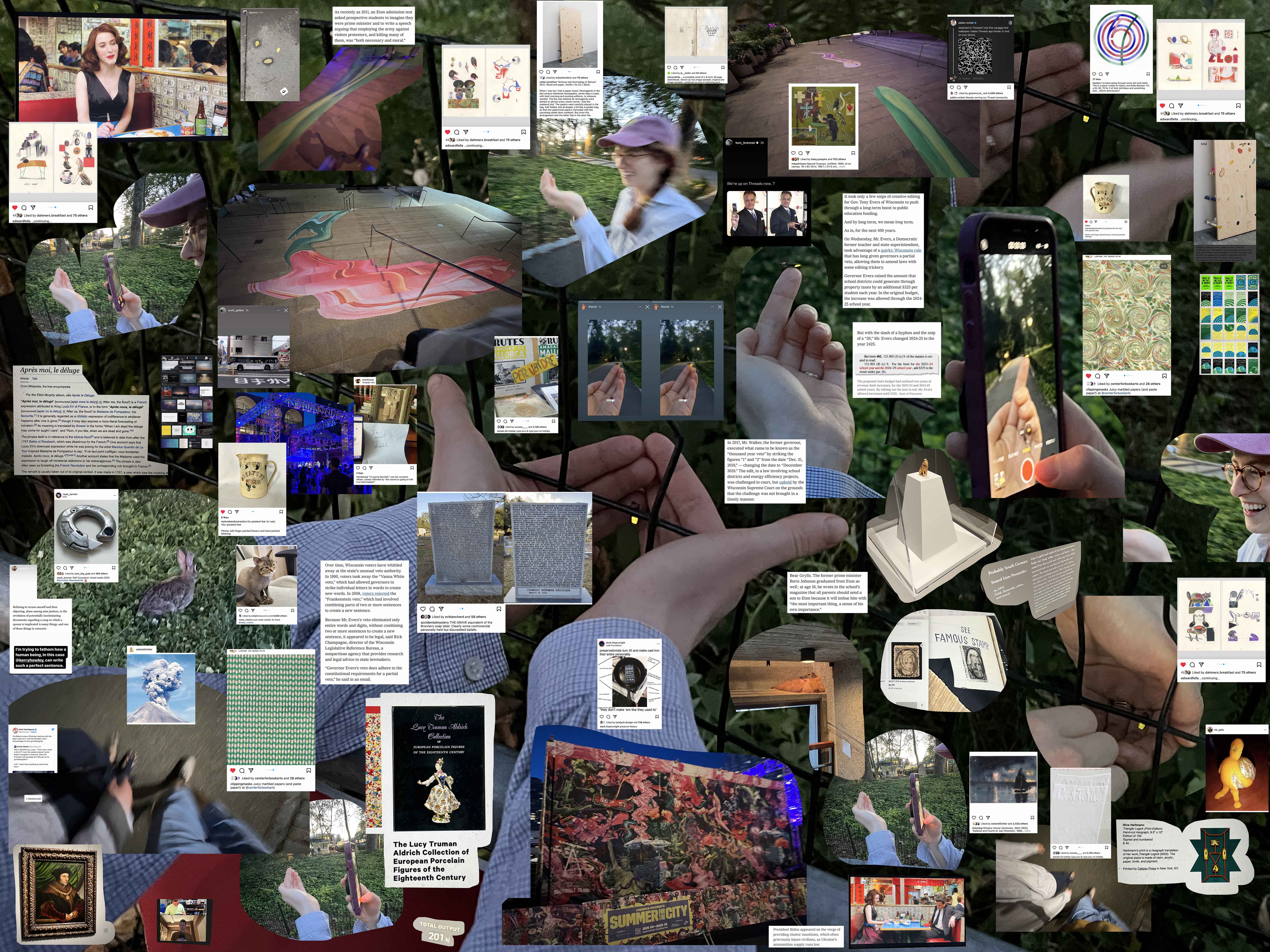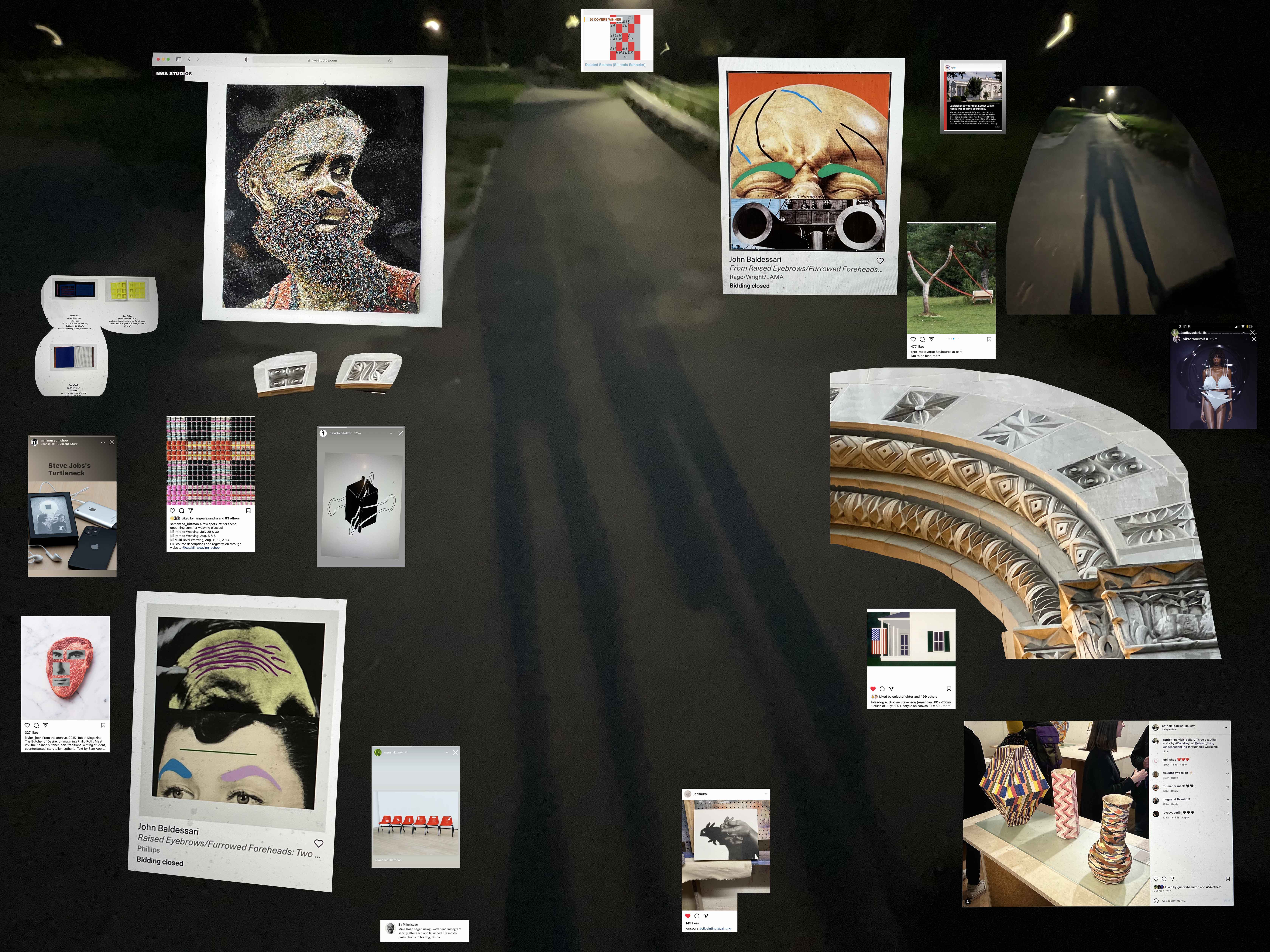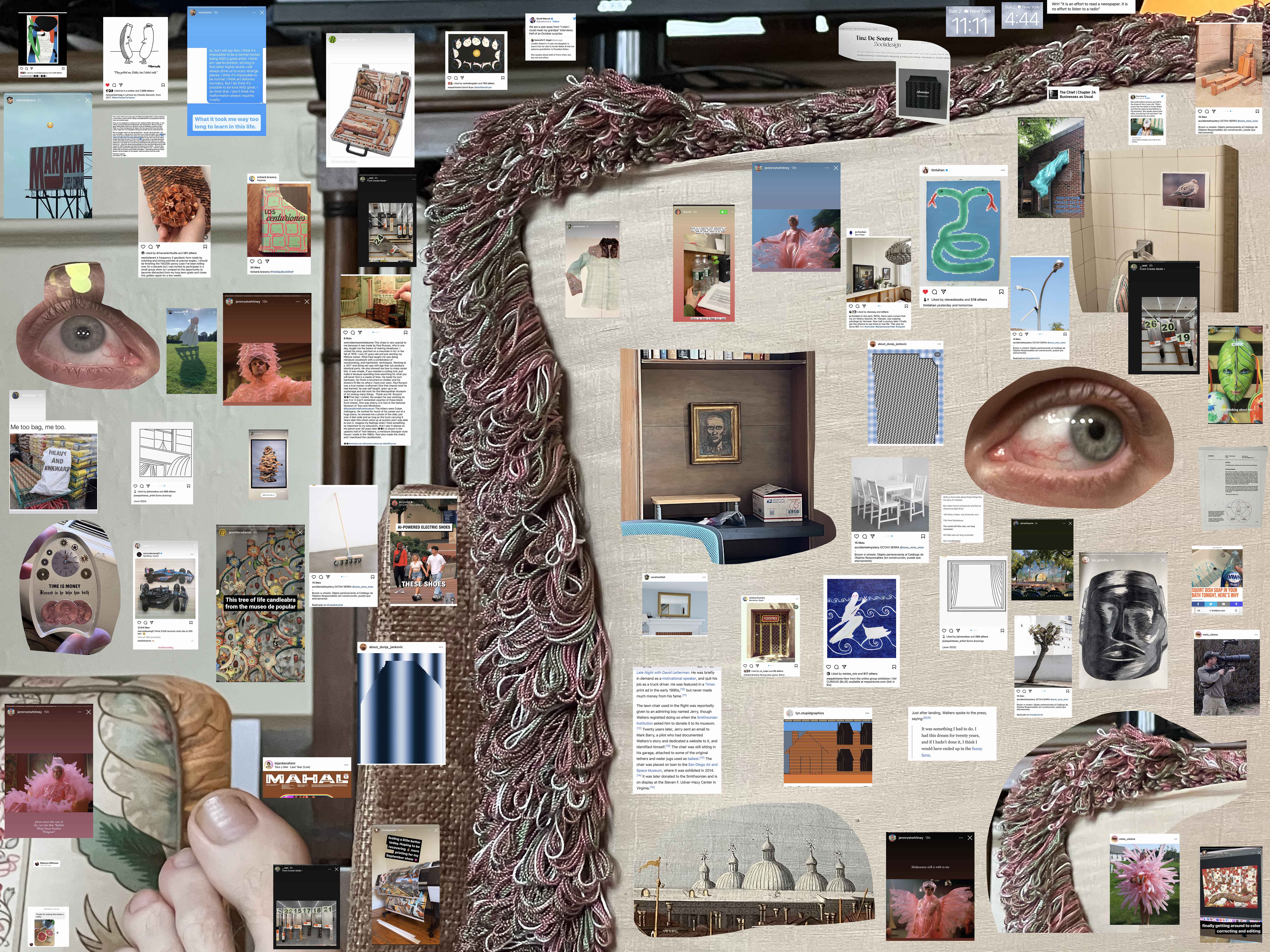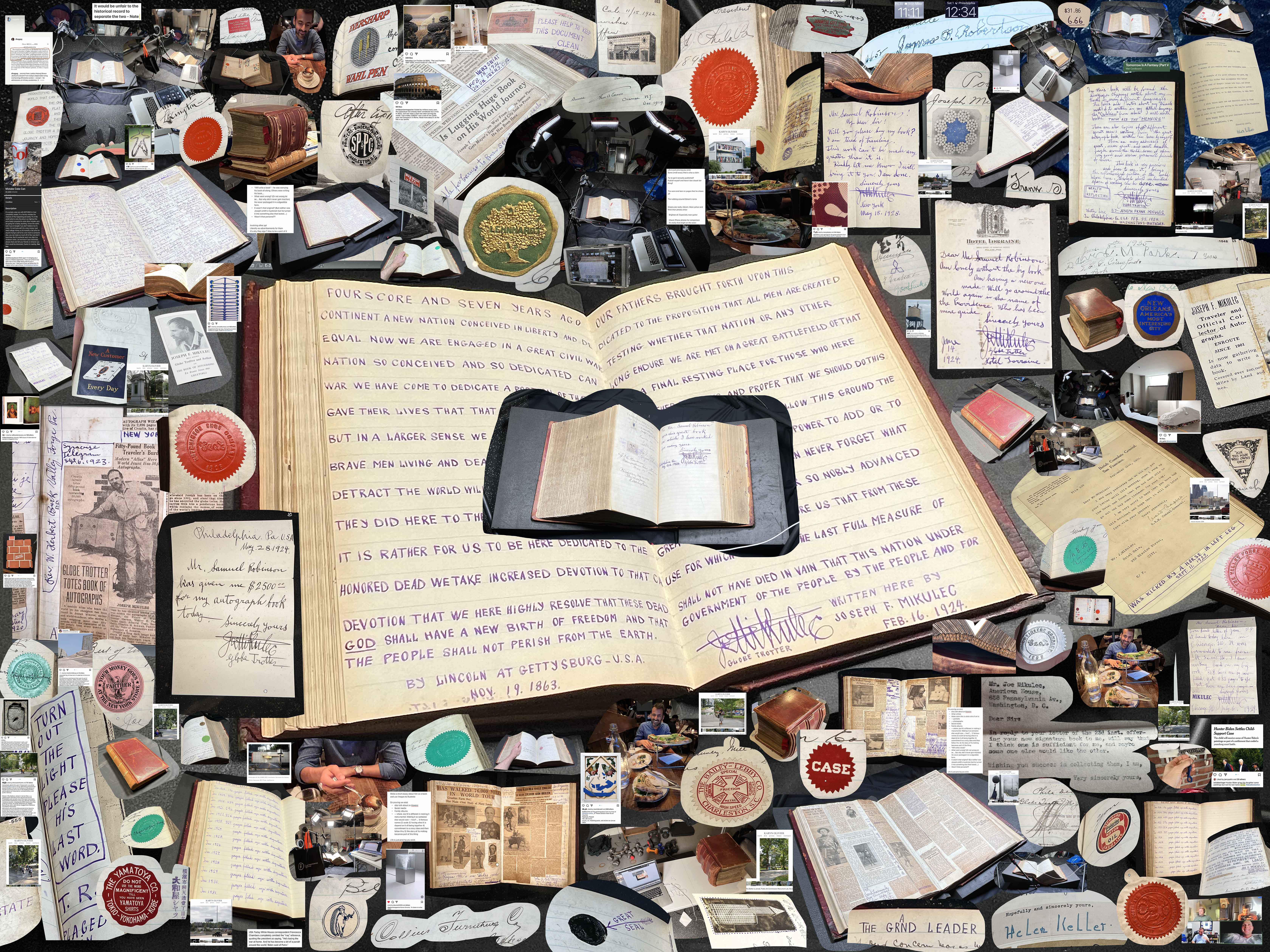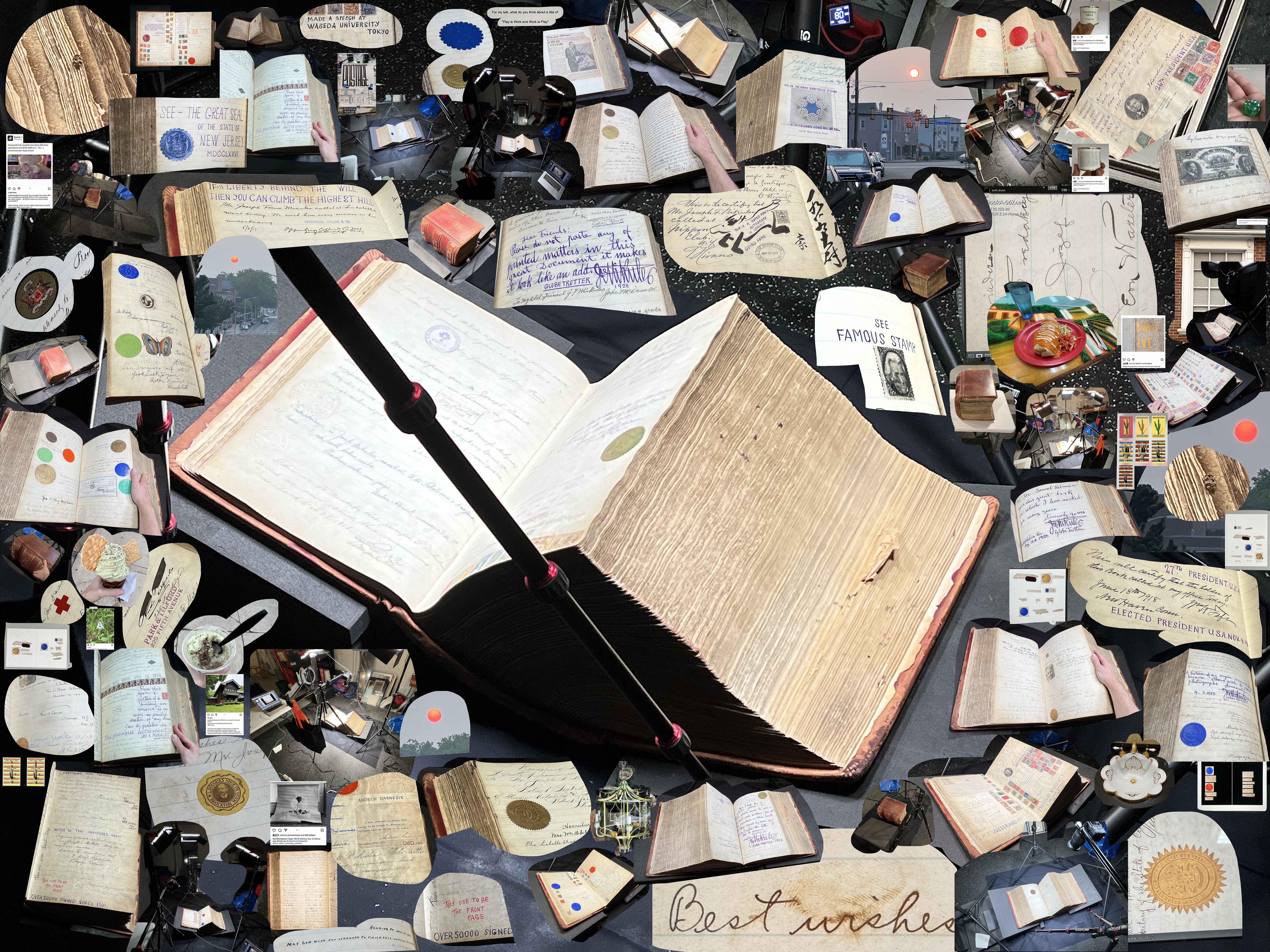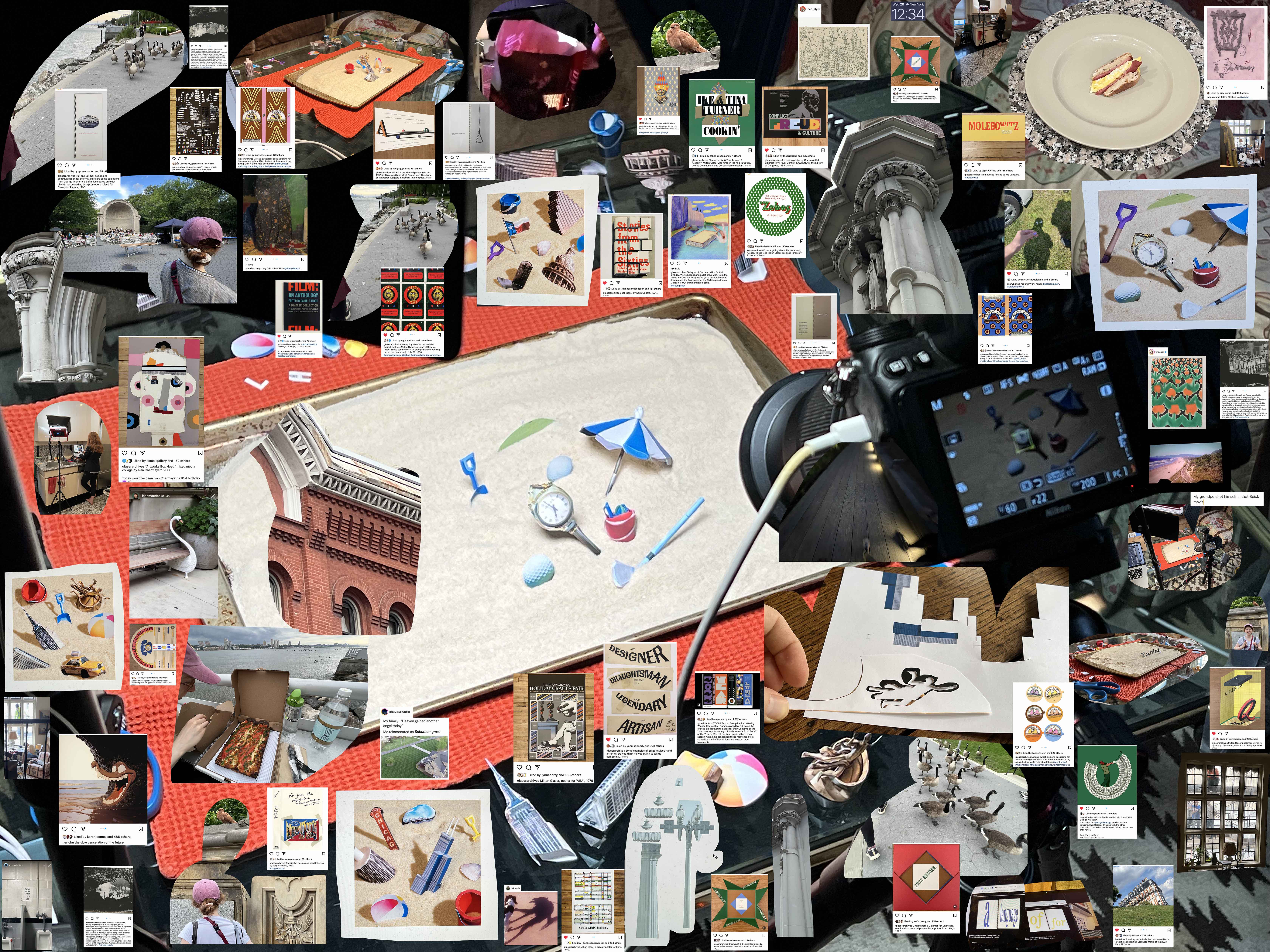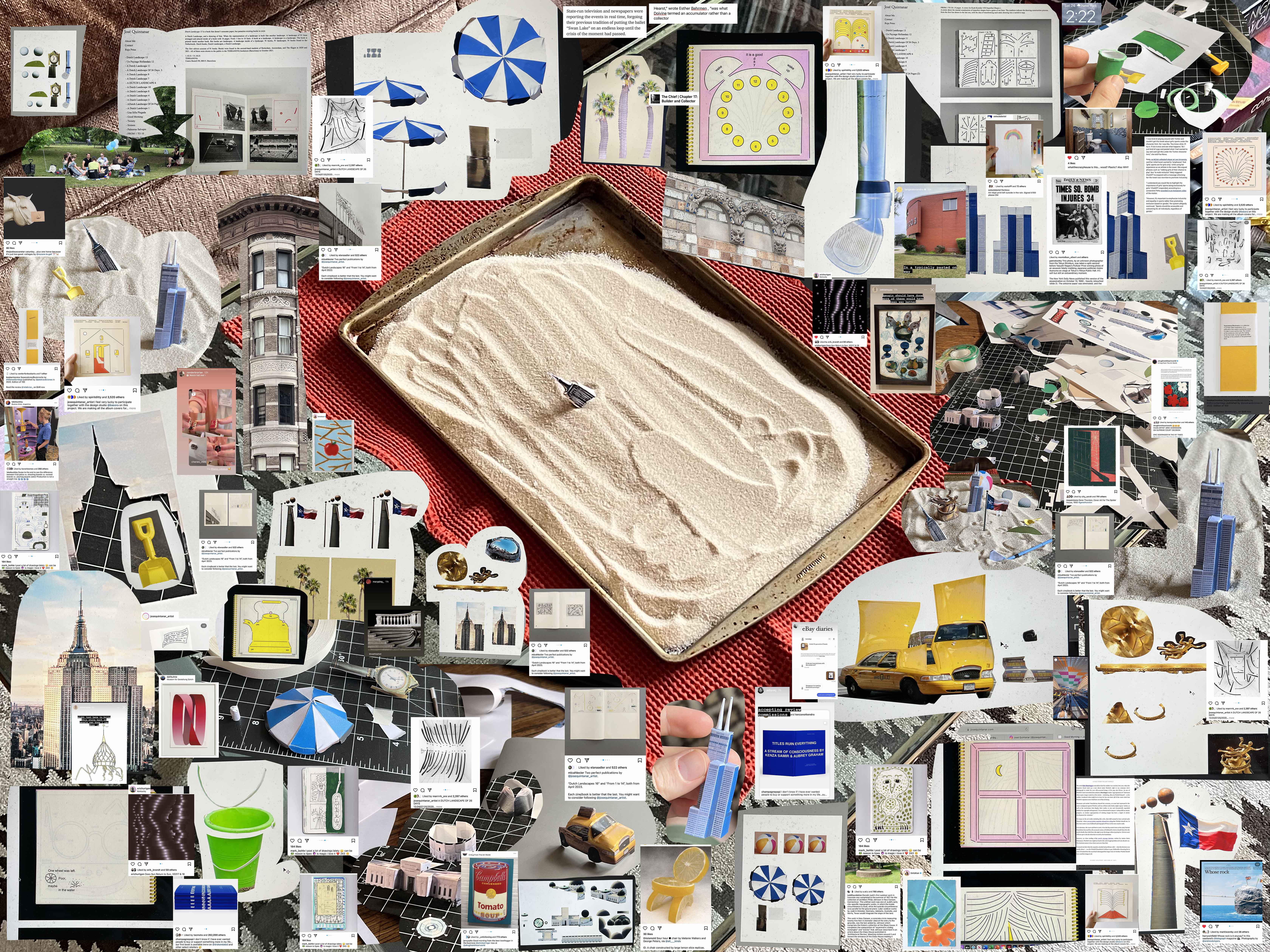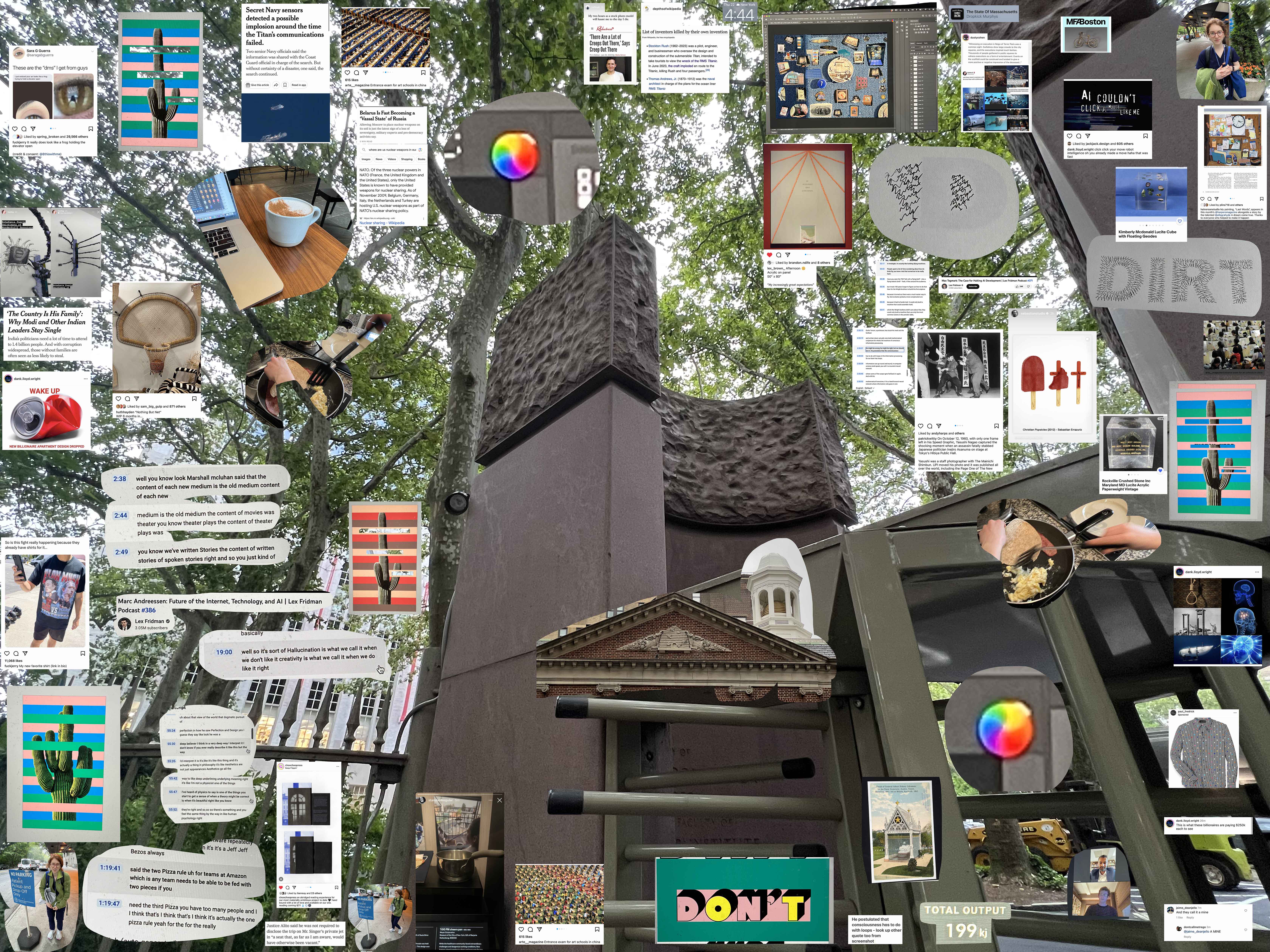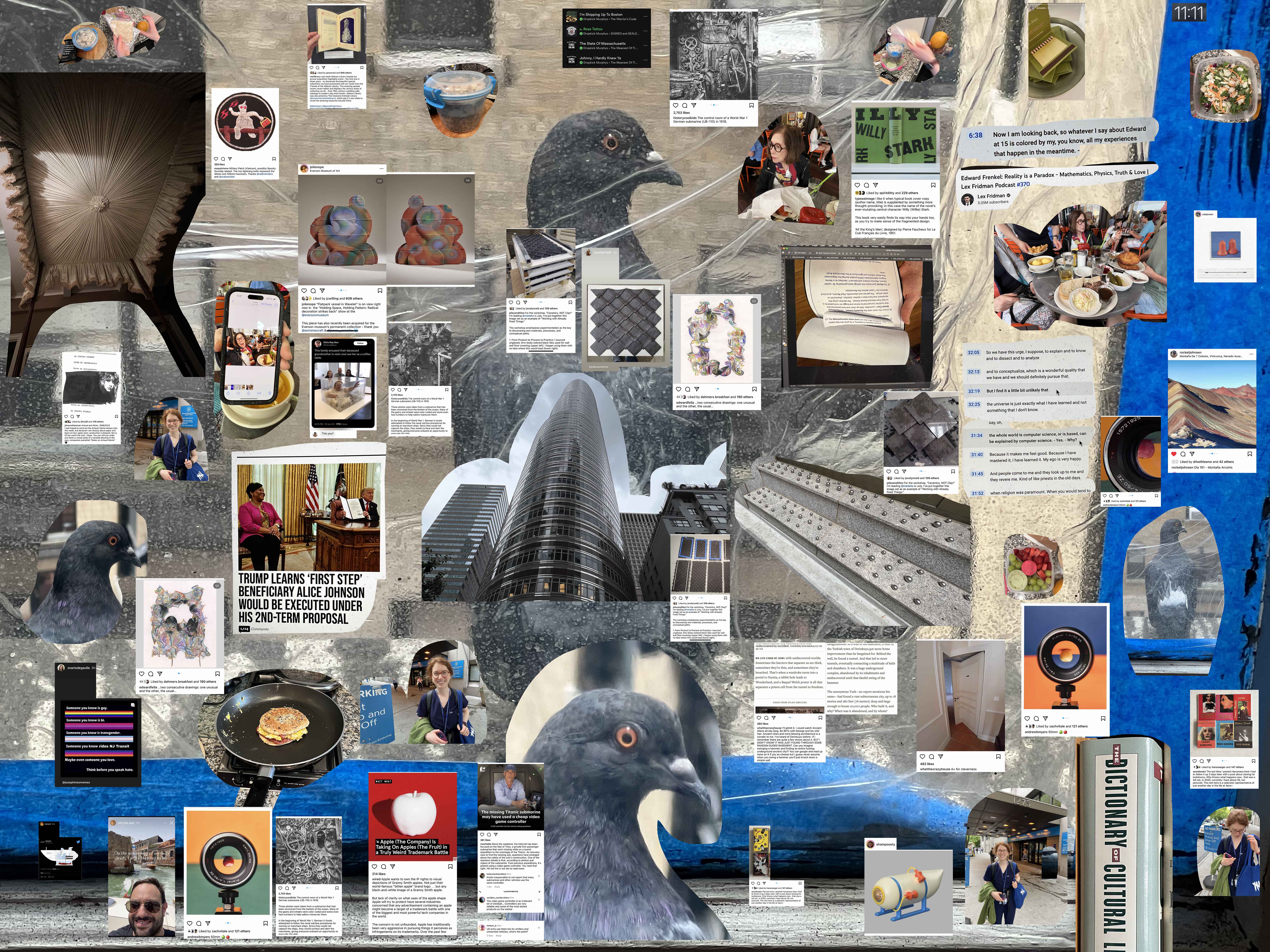Friday, July 7, 2023
“If I would to try to control everything,” said Jacques Herzog, “I would have chosen the wrong job.”
— Christopher Hawthorne, " This Time, Herzog & de Meuron Are Inside the Museum," The New York Times
Thursday, July 6, 2023
Over time, Wisconsin voters have whittled away at the state’s unusual veto authority. In 1990, voters took away the “Vanna White veto,” which had allowed governors to strike individual letters in words to create new words. In 2008, voters rejected the “Frankenstein veto,” which had involved combining parts of two or more sentences to create a new sentence.
Because Mr. Evers’s veto eliminated only entire words and digits, without combining two or more sentences to create a new sentence, it appeared to be legal, said Rick Champagne, director of the Wisconsin Legislative Reference Bureau, a nonpartisan agency that provides research and legal advice to state lawmakers.
“Governor Evers’s veto does adhere to the constitutional requirements for a partial veto,” he said in an email.
— Sarah Mervosh, "With a Creative Edit, the Wisconsin Governor Raised School Funding. For 400 Years.," The New York Times
Wednesday, July 5, 2023
Steve Jobs's Turtleneck
— @minimuseumshop ad selling a 1x1 cm piece of a turtleneck Steve Jobs once wore
Tuesday, July 4, 2023
Come see my tableau.
— Emily
Monday, July 3, 2023
But - and this is where it gets really interesting - the statement continues that "A basic tenet of boundary surveying is that once a monument has been established, the location of the physical monument is the ultimate authority in delineating a boundary. Issues of legality trump scientific details, and the intended location of the point becomes secondary. In surveying, monuments rule!" In other words, the monument is in exactly the right spot because the monument itself marks the right spot (even if it really doesn't!).
— @sam_b_green
Sunday, July 2, 2023
The lawn chair used in the flight was reportedly given to an admiring boy named Jerry, though Walters regretted doing so when the Smithsonian Institution asked him to donate it to its museum. Twenty years later, Jerry sent an email to Mark Barry, a pilot who had documented Walters's story and dedicated a website to it, and identified himself. The chair was still sitting in his garage, attached to some of the original tethers and water jugs used as ballast. The chair was placed on loan to the San Diego Air and Space Museum, where it was exhibited in 2014. It was later donated to the Smithsonian and is on display at the Steven F. Udvar-Hazy Center in Virginia.
— "Lawnchair Larry flight," Wikipedia
Saturday, July 1, 2023
View from William Penn statue atop City Hall, 1937
— Caption under photo on wall in Philadelphia City Hall
Friday, June 30, 2023
It would be unfair to the historical record to separate the two.
— N*
Thursday, June 29, 2023
Dear Friends: Please do not paste any of printed matters in this great Document it makes it look like an add.
— Joseph Mikulec, writing in his big book
Wednesday, June 28, 2023
In 1977-9 when I was just 21-23 years old and was getting started in my what would turn out to be a lifetime career of making fine miniatures, I needed a product everyone could recognize and afford. I have always liked boxes of all sorts, so what better than an 18th c. English Tea Caddy? I made over 150 of these, and they sold throughout the world. They were a lot of work and carried a $45 price tag. To show clients this, I framed a set of parts to show just how something less than an inch long could have 29 pieces.
— @wmrrobertsonminiatures
Tuesday, June 27, 2023
My grandfather shot himself in that Buick.
— Percy Becker, No Hard Feelings
Monday, June 26, 2023
Too puffy.
— Bella (new barber) on my eybrows
Sunday, June 25, 2023
Parker liked the idea of something that happened in a split second but that could also be made to have a durational aspect to it.
— @stephenellcock on Cornelia Parker's Cold Dark Matter: An Exploded View, 1991
Saturday, June 24, 2023
Hearst, wrote S. N. Behrman, “was what Duveen termed an accumulator, rather than a collector."
— David Nasaw, The Chief: The Life of William Randolph Hearst
Friday, June 23, 2023
Every single time he'd go to "Pick a point in the future where we're both happy. 10 years, 20 years from now, and lets work our way back."
— Chris Voss, "Chris Voss: FBI Hostage Negotiator | Lex Fridman Podcast #364"
Thursday, June 22, 2023
In hindsight, it's exactly like building flying machines. People spent a lot of time wondering about how do birds fly, you know. And that turned out to be really hard. Have you seen the TED Talk with a flying bird?... Yeah, it flies around the audience. But it took 100 years longer to figure out how to do that than for the Wright brothers to build the first airplane because it turned out there was a much easier way to fly.
— Max Tegmark, "Max Tegmark: The Case for Halting AI Development | Lex Fridman Podcast #371"
Wednesday, June 21, 2023
Now I am looking back, so whatever I say about Edward at 15 is colored by my, you know, all my experiences that happen in the meantime, my current views and so on.
— Edward Frenkel, "Edward Frenkel: Reality is a Paradox - Mathematics, Physics, Truth & Love | Lex Fridman Podcast #370"
Tuesday, June 20, 2023
It's been inventoried.
— General Gibson, Asteroid City
Monday, June 19, 2023
There's a famous web comic that's titled Cytogenesis, which is about how something, an error is in Wikipedia, and there's no source for it, but then a lazy journalist reads it and writes the source, and then some helpful Wikipedian spots that it has no source, finds a source and adds it to Wikipedia. And voila, magic.
— Jimmy Wales, "Jimmy Wales: Wikipedia | Lex Fridman Podcast #385"
Sunday, June 18, 2023
Today’s sense of unease is a stark contrast with the heady triumphalism that followed the collapse of the Soviet Union in December 1991. It was a period when a theorist could declare that the fall of communism marked “the end of history” — that liberal democratic ideas not only vanquished rivals, but represented “the end point of mankind’s ideological evolution.”
— Patricia Cohen, "Why It Seems Everything We Knew About the Global Economy Is No Longer True," The New York Times

